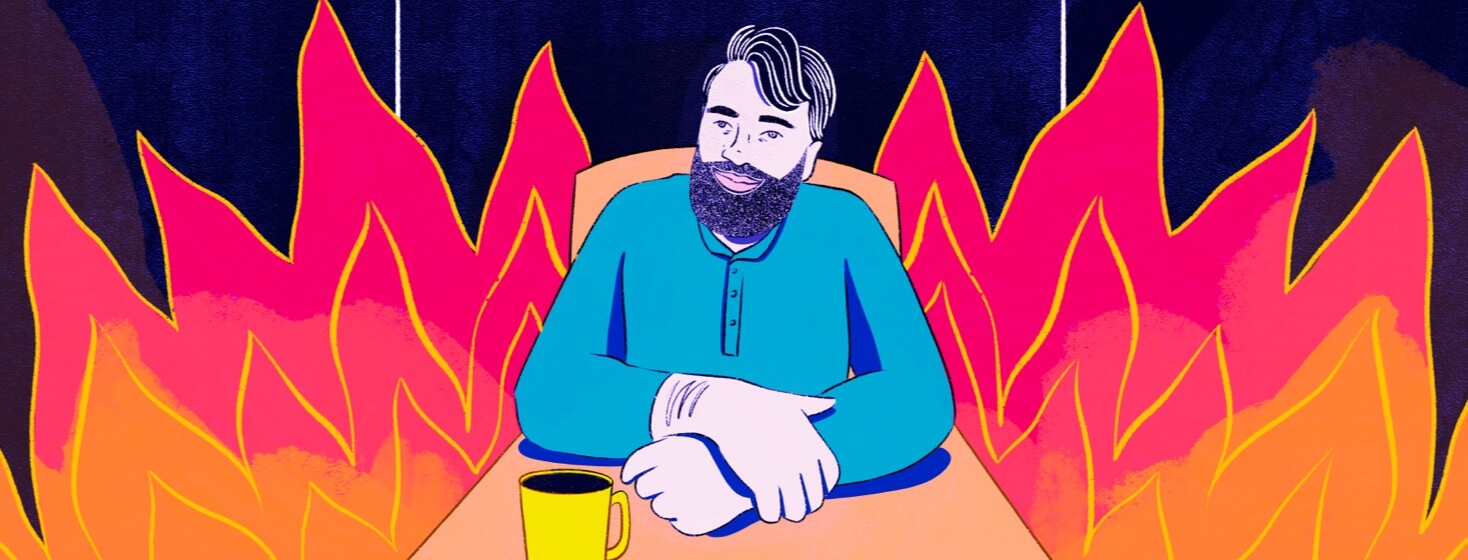What Is Anosognosia, and How Is It Related to Schizophrenia?
Anosognosia is a condition where you do not know you have a health problem, whether in your mind or your body. Having this illness makes it hard to understand that you need medical help.1
How is anosognosia related to schizophrenia?
Also known as "lack of insight," anosognosia affects many people with schizophrenia. The condition makes it difficult to understand or realize you have a health issue. And it is a major reason why people with schizophrenia refuse treatment. Around 50 percent of people with schizophrenia have anosognosia.2
Causes of anosognosia
Anosognosia happens for 2 main reasons:1
- Brain damage – Anosognosia can result from brain damage, which causes lesions. Causes of brain damage include stroke, head injury, infection, or lack of oxygen to the brain.
- Degenerative disease – Brain diseases like schizophrenia, Alzheimer's, bipolar disorder, dementia, and Huntington's disease interrupt the connections in your brain and lead to anosognosia. This makes it hard to assess your health.
Symptoms of anosognosia
Anosognosia is a condition defined by various symptoms, which can include:1,3
- Lack of insight into health problems despite proof otherwise
- Inability to recognize symptoms or connect them to the condition
- Lack of understanding that an illness is serious and treatment is needed
- Filling in gaps in memory with false memories
Diagnosing anosognosia
To diagnose anosognosia, your doctor first has to suspect you have it. This means diagnosing you with a condition that often occurs with anosognosia, like schizophrenia. If your doctor sees you do not realize you have the primary disease, they may question whether you also have anosognosia. They could order tests, including:1,4-6
- MRI – This type of scan provides detailed pictures of your brain and other structures in the body. It helps your doctor to diagnose brain and spinal cord injuries and stroke.
- CT scan – This is a special X-ray that takes hundreds of detailed pictures inside your head to see if there are any problems with your brain.
- EEG – This test measures the electrical activity in your brain. It helps your doctor understand how your brain is working and if there are any issues.
Treating anosognosia
Anosognosia is a tricky condition to treat, but there are a few options.
Medication
Prescription medicine that your doctor prescribes to treat schizophrenia, called antipsychotics, may also ease the symptoms of anosognosia. You should only take these medications under the guidance of a licensed psychiatrist.7
Motivational enhancement therapy (MET)
This type of therapy aims to help change your behavior. Your doctor wants to change how you perceive yourself or accept that you have a health condition so you can get the treatment you need.77
Repetitive transcranial magnetic stimulation
This treatment is for people with anosognosia who have had a stroke. An electromagnet sends a pulse to your nerve cells to stimulate your brain cells.7
Electroconvulsive therapy
If you have schizophrenia, your doctor may suggest this therapy that involves a quick electrical stimulation of the brain. The treatment can help relieve the symptoms of anosognosia.7
